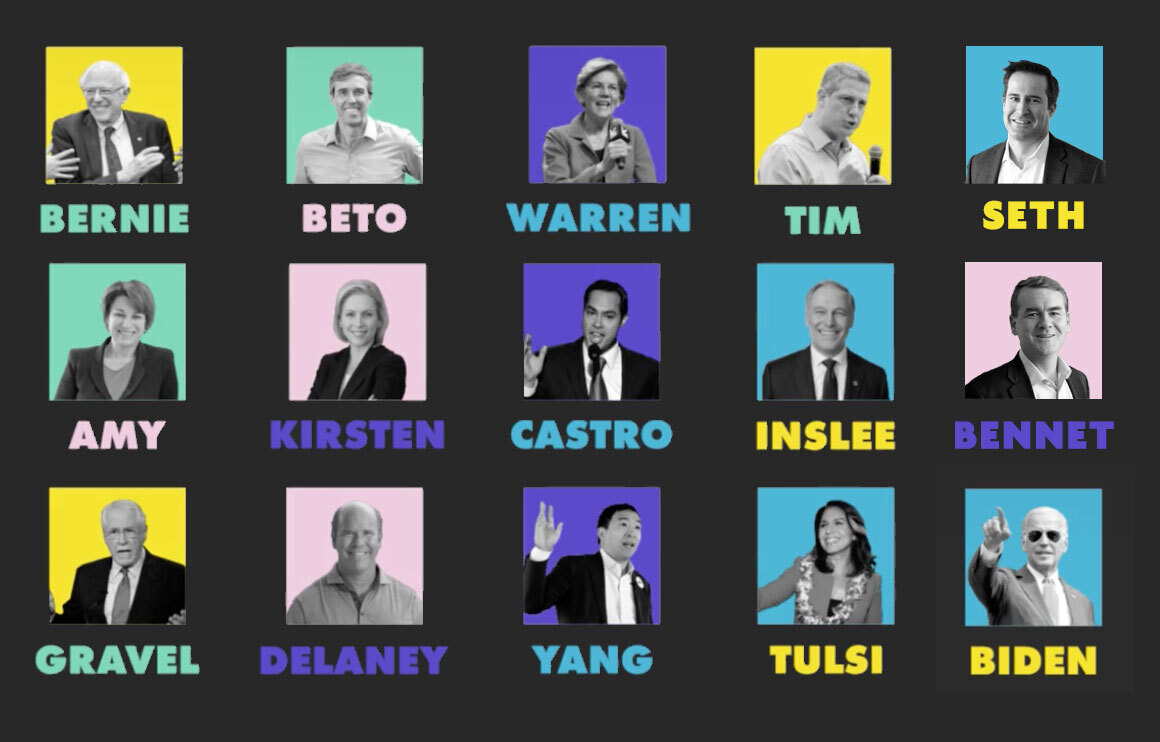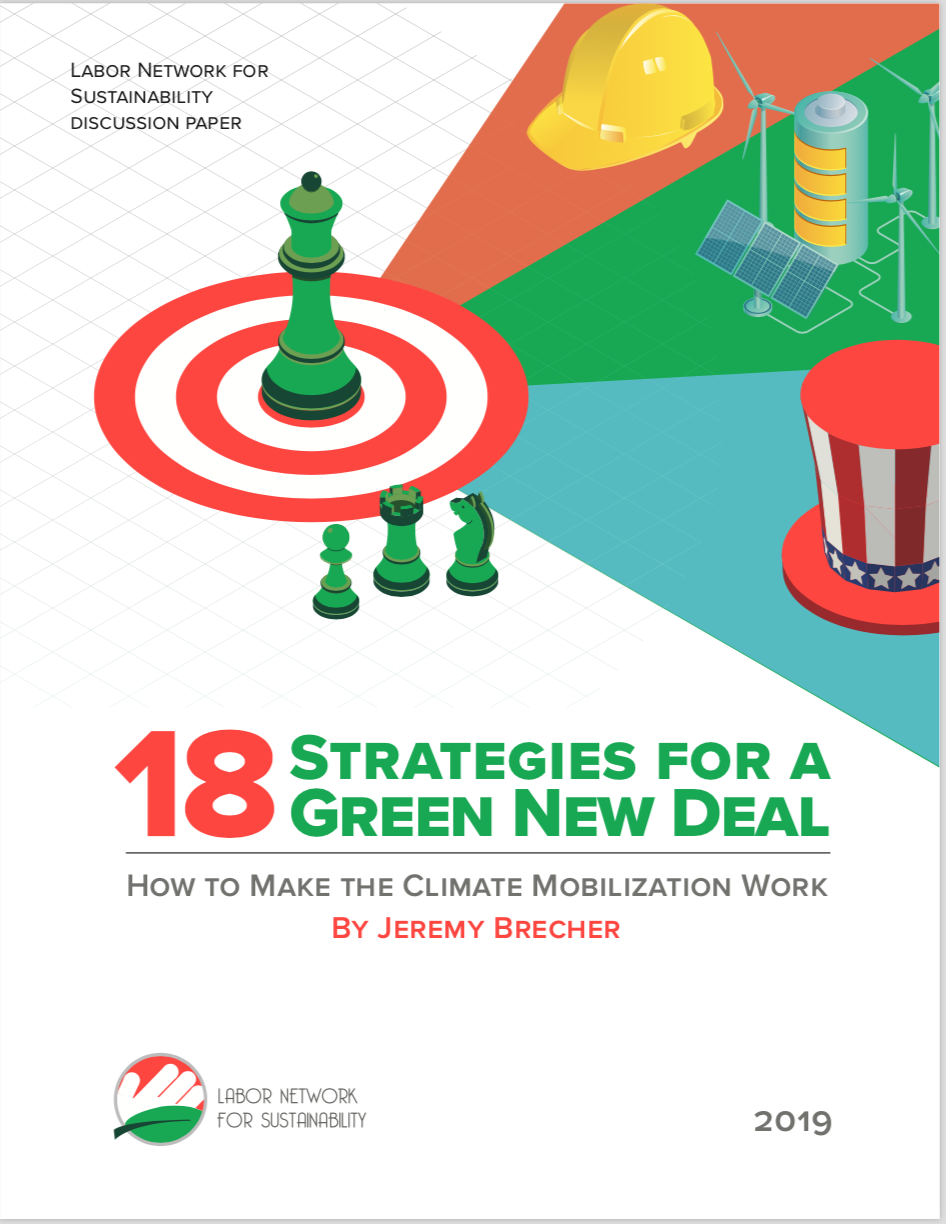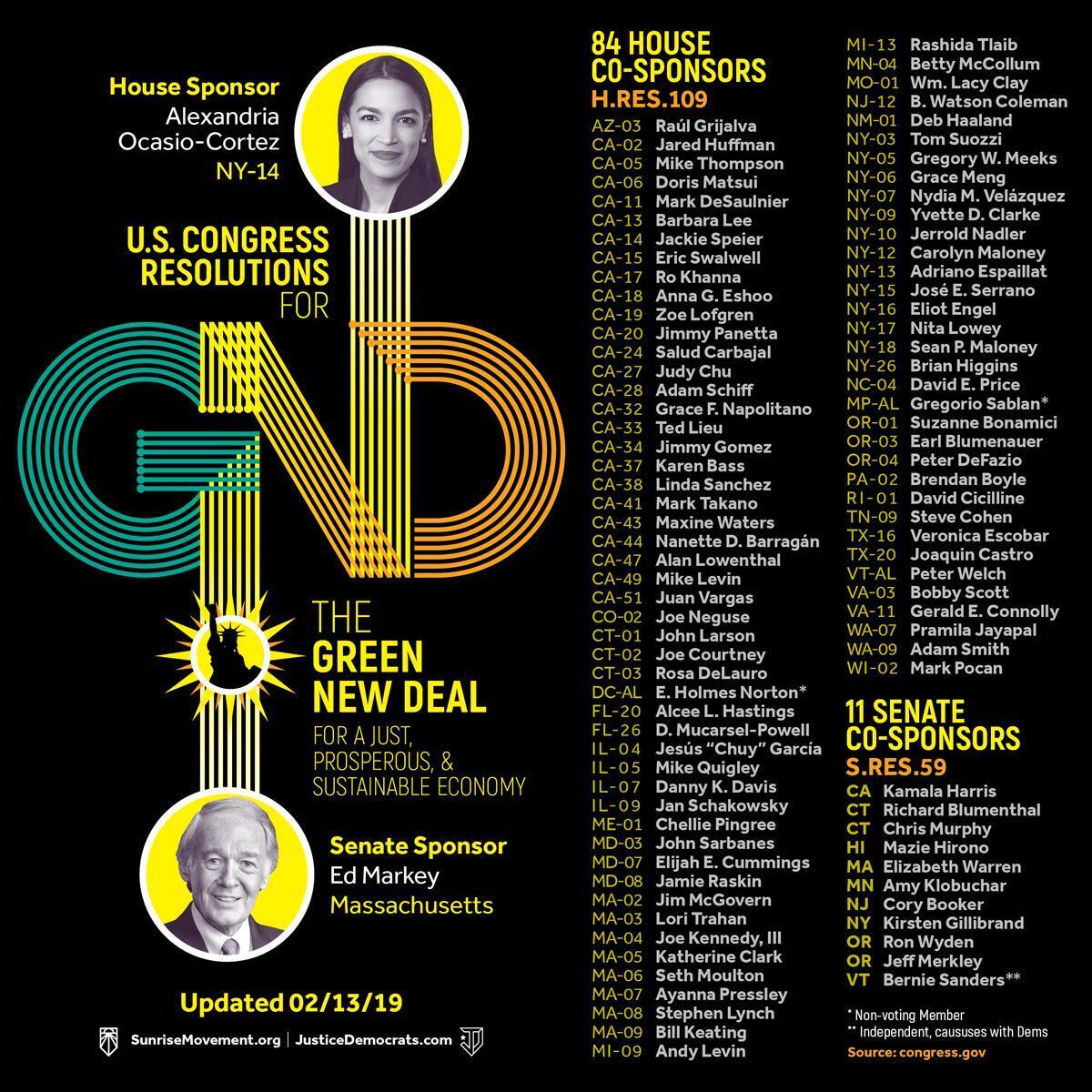 The climate-activist organization Bold Iowa has announced it plans to
host a climate debate in the fall among Democratic presidential
candidates, despite the Democratic National Committee’s refusal to
sanction such a debate. In the first two DNC
debates, each featuring ten candidates, a total of [fifteen minutes was
given to
climate](https://insideclimatenews.org/news/28062019/democratic-debate-climate-change-candidate-policy-ideas-technology-agriculture-midwest-global-warming)
– less than a minute per candidate.
The climate-activist organization Bold Iowa has announced it plans to
host a climate debate in the fall among Democratic presidential
candidates, despite the Democratic National Committee’s refusal to
sanction such a debate. In the first two DNC
debates, each featuring ten candidates, a total of [fifteen minutes was
given to
climate](https://insideclimatenews.org/news/28062019/democratic-debate-climate-change-candidate-policy-ideas-technology-agriculture-midwest-global-warming)
– less than a minute per candidate.
Volunteers with the organization have begun asking the candidates to commit to participation in their debate.
Fifteen of the candidates have previously said they would be willing to participate in a climate debate, though that was under the assumption it would be a DNC-sanctioned debate. The DNC has threatened that any candidate participating in a non-sanctioned debate would be barred from future DNC debates, though it is hard to see how they would enforce that if the frontrunners agreed to participate in the climate debate.
Press release:
DES MOINES, IOWA — Bold Iowa today announced it will host a debate this fall specifically focused on the climate crisis. Bold’s 270 Iowa Caucus volunteers, known as Climate Bird Dogs, are shifting their focus to get Democratic presidential candidates to commit to participate in the climate debate, even at the risk of being barred from future DNC-sponsored debates.
“Like more and more people across the country, Democratic voters in Iowa are tired of Party leaders who ignore the climate crisis that threatens our very survival,” said Bold Iowa director, Ed Fallon. “No doubt, the fact that the DNC reversed its ban on accepting fossil-fuel donations and let the American Petroleum Industry pony-up $700,000 for the Party’s 2016 national convention explains why it won’t allow a climate debate. Well, Iowans have had enough. If the DNC won’t host a climate debate, we will. Starting today, we’re going to find out which candidates are true climate champions and ready to debate the climate crisis, regardless of what the DNC says.”
Climate Bird Dogs have been active across Iowa since the first of the year. They’ve addressed the climate crisis with 20 presidential candidates at over 100 events, questioning them on the Green New Deal, the Dakota Access Pipeline, fossil-fuel donations, and more. Bold’s Climate Bird Dogs have sometimes moved beyond simply asking questions of candidates to bringing signs into events where signs weren’t allowed, co-opting photo lines, and dressing as “climate refugee” penguins. Five Bold Iowa members were recently arrested at a fundraiser attended by Donald Trump, dressed in black and wearing Depends while holding a banner that read, “Climate Denier in the White House scare the S#*T outta you? IT DOES US!”
Bold Iowa is happy to partner with other entities to organize this debate, which will happen unless either (1) the DNC relents and agrees to host a climate-specific debate, or (2) other national entities step forward to host such a debate.
 The New York
Times has for years also hosted a high-priced global summit for the
chieftains of Big Oil.
The New York
Times has for years also hosted a high-priced global summit for the
chieftains of Big Oil. Spurred
by teen-aged climate activists, a majority of the Democratic candidates
for president have called on the Democratic National Committee to hold a
debate focused on climate change.
Spurred
by teen-aged climate activists, a majority of the Democratic candidates
for president have called on the Democratic National Committee to hold a
debate focused on climate change.
 The
The